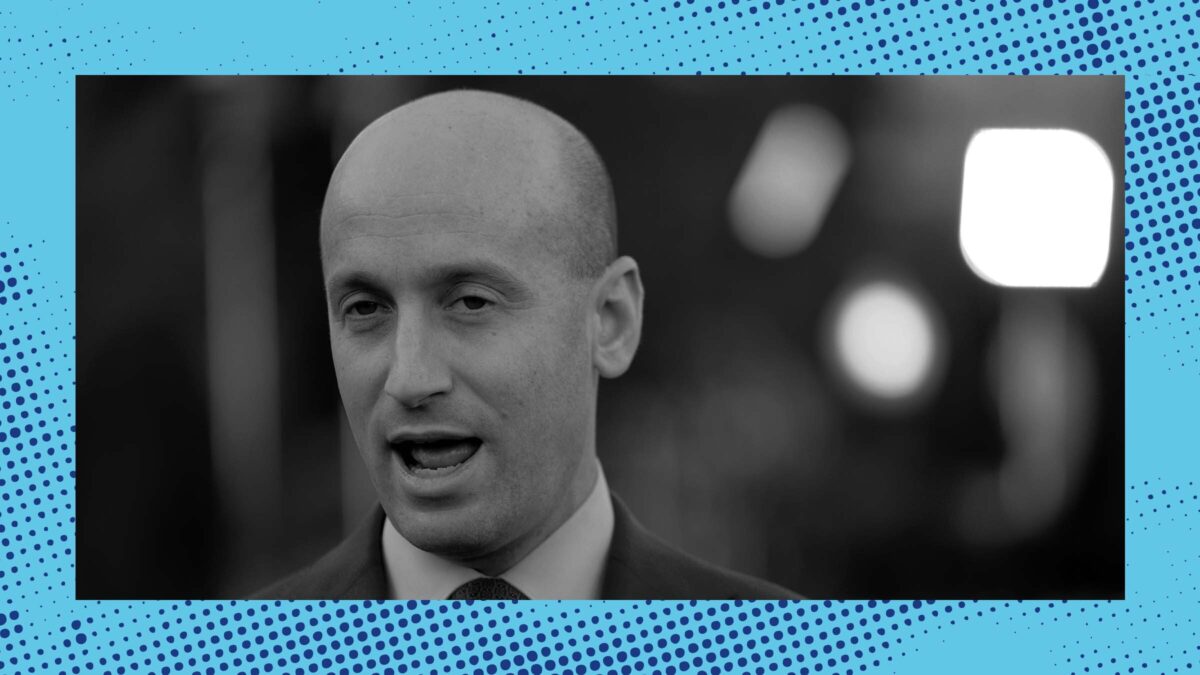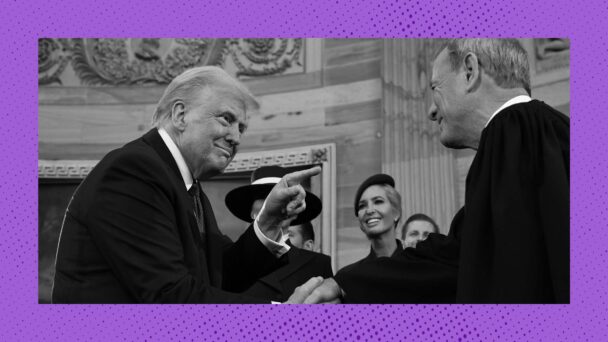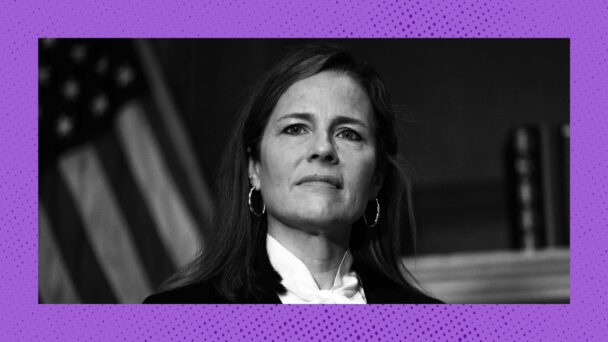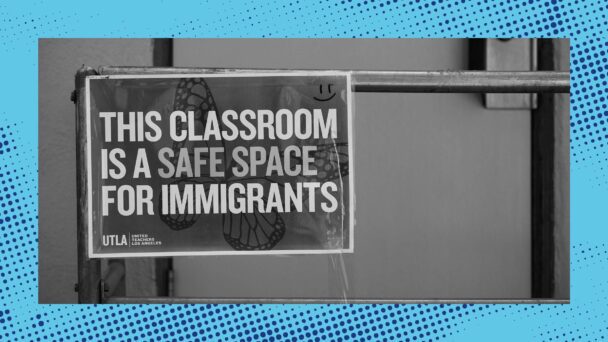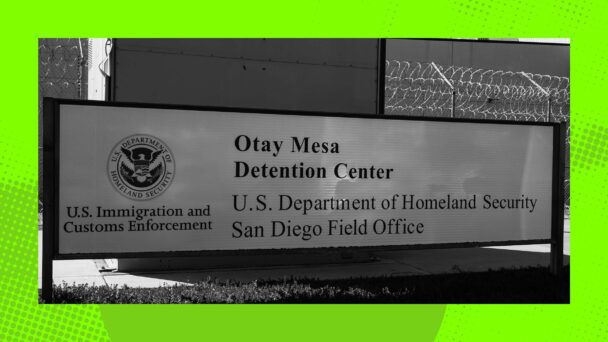Mahmoud Khalil, a legal permanent resident whom the Trump administration has held in immigration custody for five weeks and counting, has not been accused of any crime. The government’s only allegation is that Khalil’s advocacy for Palestinian rights as a graduate student at Columbia could have “adverse foreign policy consequences.” And on Friday, an immigration judge ruled on this basis that the government can deport Khalil to either Syria, where he was born, or Algeria, where he is a citizen. Essentially, exercising your First Amendment rights is now a deportable offense.
The determination that Khalil can be removed from the country does not necessarily mean he will be. But Friday’s decision does mean that Khalil—and every other American—is in danger, as it makes even legal residents who exercise their free speech rights vulnerable to political retribution. There is no reason to think the Trump administration will just stop at green card holders: The president’s repeatedly-expressed desire to imprison American citizens in El Salvador and his stubborn refusal to bring home a man imprisoned there by mistake confirm that the administration wants the power to remove anyone from the country, including natural born citizens, for offenses real or imagined. Exiling Mahmoud Khalil for his advocacy would put any number of rights for any number of people at extreme risk.
The First Amendment prohibits the government from abridging any person’s “freedom of speech,” or “the right of the people peaceably to assemble.” But on January 30, the Trump administration announced its intention to “deport Hamas sympathizers” who joined “pro-jihadist protests” at “leftist, anti-American colleges and universities.” Among its targets was Khalil, who’d organized events and lectures about Palestine at Columbia, facilitated negotiations between the administration and members of the Gaza Solidarity Encampment, and participated in numerous interviews and press conferences. On March 8, federal agents arrested Khalil at his apartment and transferred him to a detention center in Louisiana, separating him from his wife who was eight months pregnant at the time.
Secretary of State Marco Rubio later wrote a three-paragraph memo declaring that Khalil’s “public actions” and his “continued presence” in the country undermine the government’s purported policy to “combat antisemitism around the world and in the United States.” The Department of Homeland Security submitted that memo to the judge in Khalil’s immigration case, Assistant Chief Immigration Judge Jamee E. Comans, as proof of the government’s right to deport Khalil.
In normal removal proceedings, DHS bears the burden of establishing deportability by “clear and convincing evidence,” and immigration judges must base their decisions on “reasonable, substantive, and probative evidence.” But out of the nearly 12 million immigration cases decided over the past few decades, only 15 cases have invoked the “foreign policy” grounds for deportability that Rubio relies on here, so there is very little precedent on the appropriate legal standards and burdens of proof. And in 1999, the Board of Immigration Appeals issued a decision holding that the Secretary of State’s “facially reasonable and bona fide determination” that a noncitizen’s presence “could have potentially serious adverse foreign policy consequences” should “be treated as conclusive evidence” of deportability. Accordingly, Comans deemed Rubio’s statement sufficient, and gave Khalil’s lawyers until April 23 to seek a waiver that would stay their client’s deportation.
Khalil’s immigration case doesn’t technically reach the glaring constitutional issues with his arrest, which are pending in a separate habeas petition that he filed in federal court. Even so, the Trump administration is already treating Comans’s decision as a referendum on their ability to pick and choose the people to whom the First Amendment applies. Rubio published an op-ed on Saturday in which he claimed that “visa holders or other aliens cannot use the First Amendment to shield otherwise impermissible actions taken to support designated foreign terrorist organizations.” And in a Monday interview on Fox News, when asked if Khalil will be deported, Stephen Miller answered in the affirmative. “Yes he will, as well as anyone who preaches hate for America,” said Miller. He didn’t specify who, exactly, falls into the category of “people who hate America,” but presumably, their identification is up to him.
Marc van der Hout, one of Khalil’s attorneys, recognized that the consequences of Khalil’s case go far beyond one resident, one protest, or one topic. “If Mahmoud can be targeted in this way, simply for speaking out for Palestinians and exercising his constitutionally protected right to free speech, this can happen to anyone over any issue the Trump administration dislikes,” he said.
The government’s position is that, if it attributes disfavored views to people, it has the power to kick them out of the country. The immigration court functionally cosigned that position by finding that Rubio’s disapproval of Khalil’s speech is a permissible basis for removal. Since the First Amendment did not keep Khalil from being detained, and may not keep him from being deported, Khalil has little reason to think the First Amendment means anything at all.
